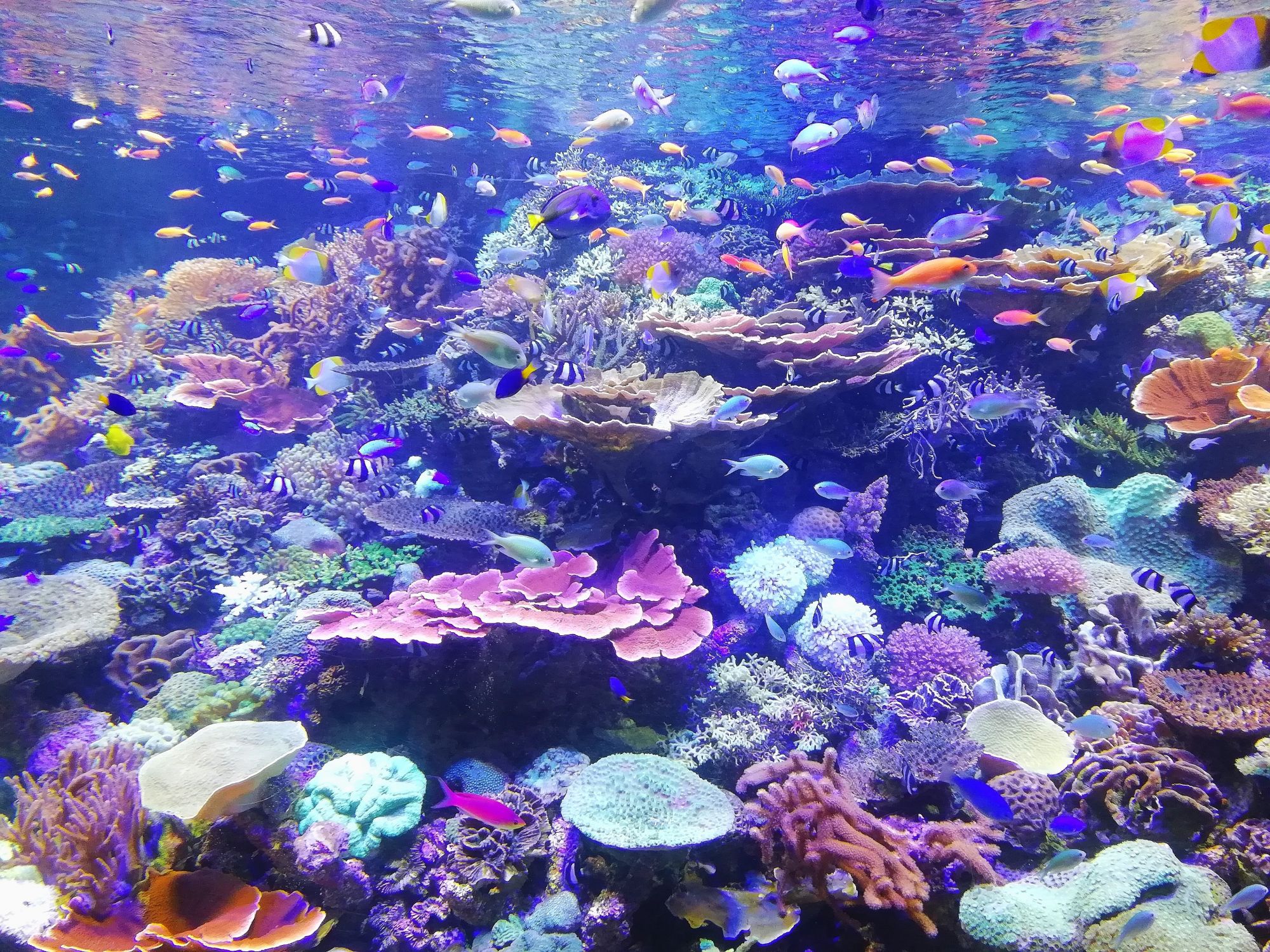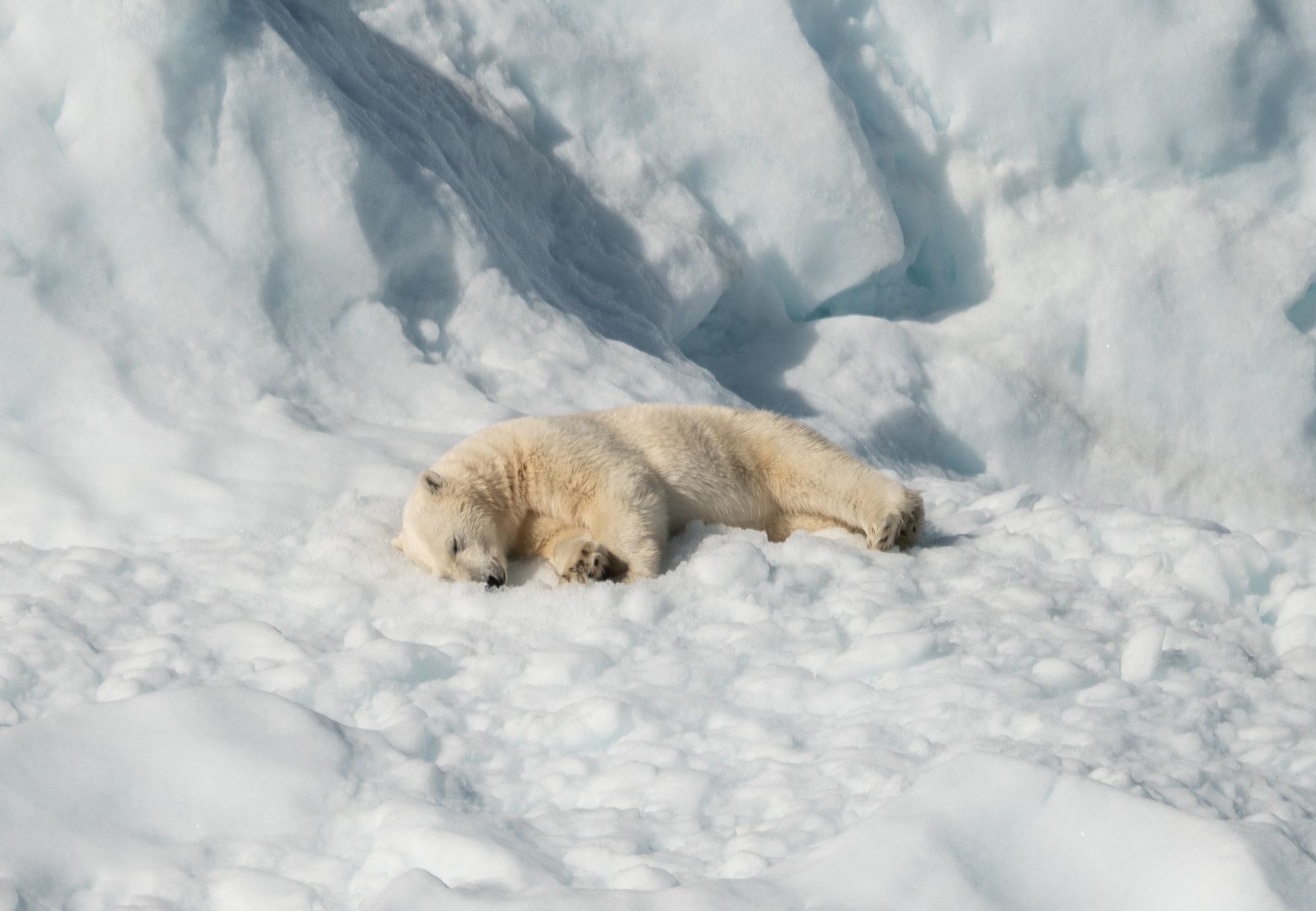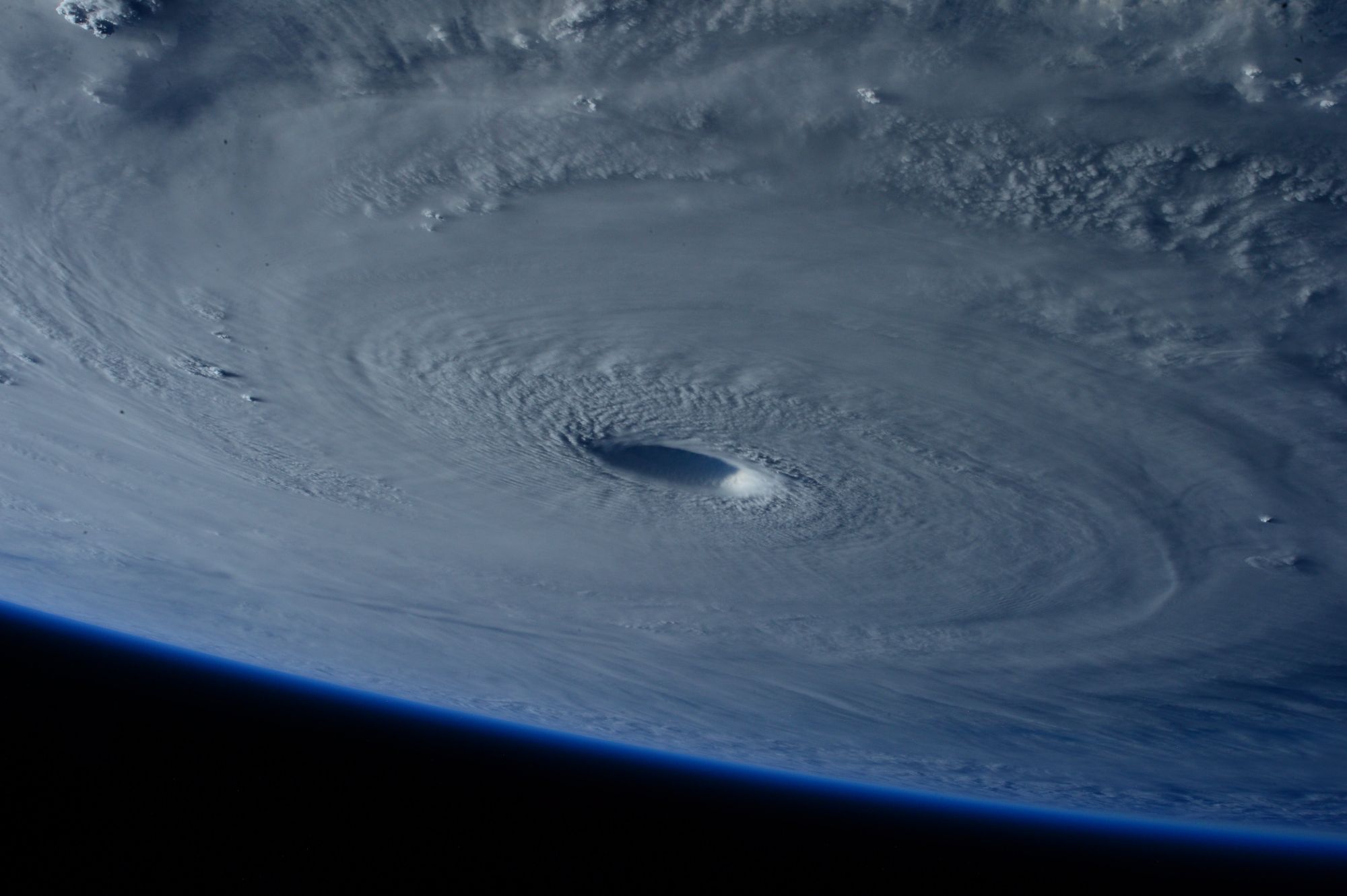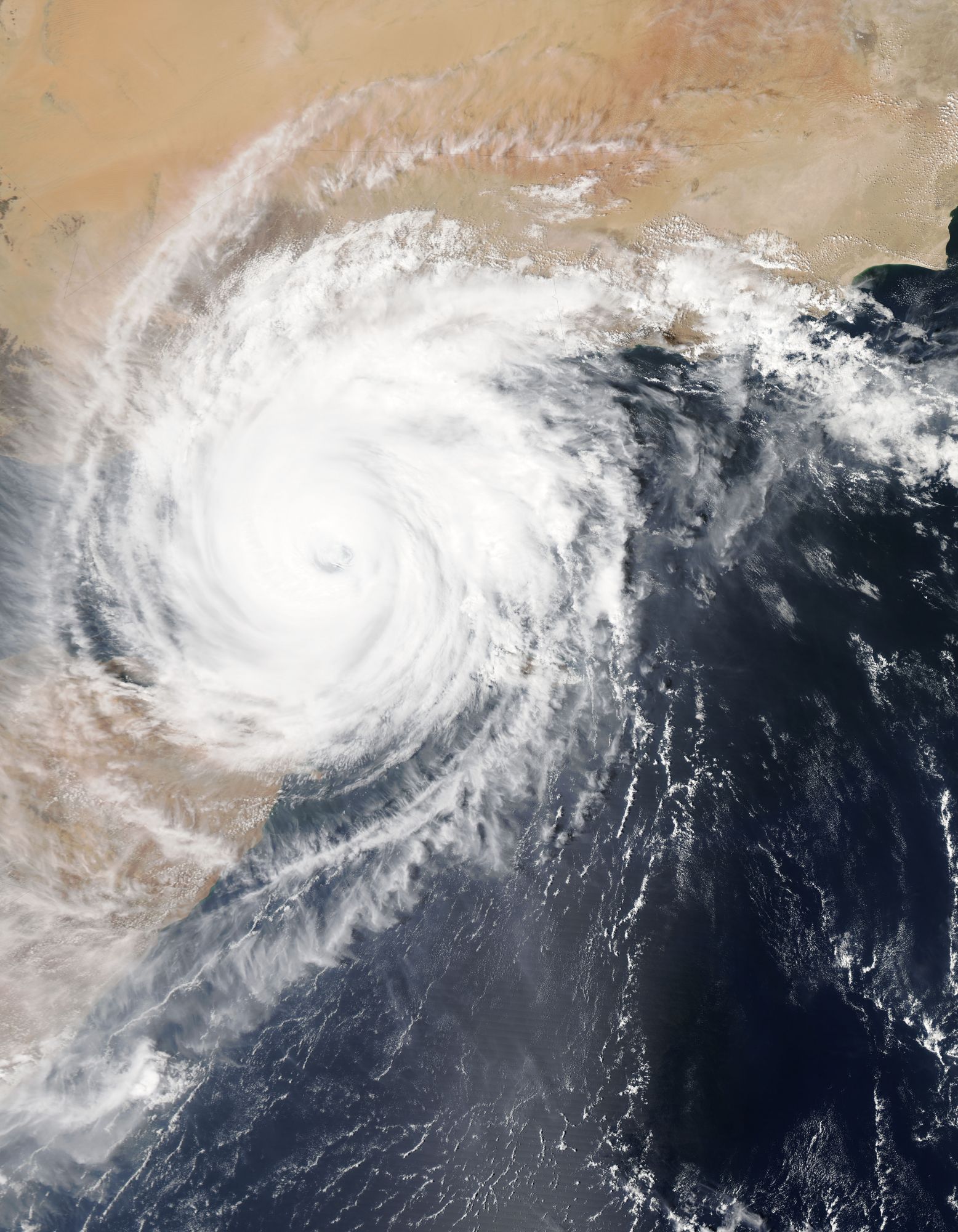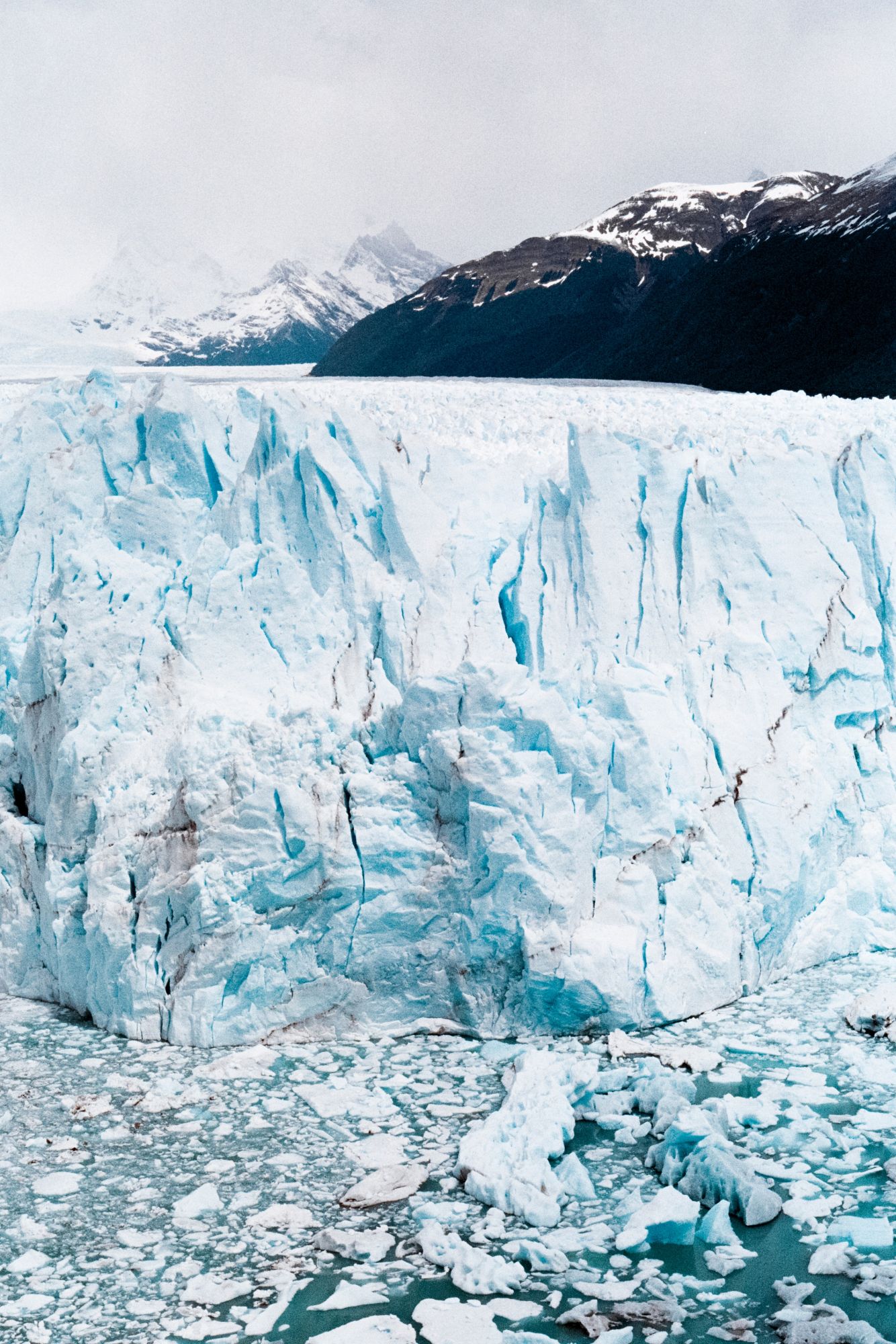With all the buzz about 16-year old Greta Thunberg's moving speech about ecological equity, let's take a quick look at the science and how climate change is affecting the planet
With the The New Yorker brandishing 16-year-old Greta Thunberg as the 'anti-Trump', the teenager has become a rising icon and symbol for the climate change crisis. In the recently concluded United Nations' Climate Action Summit, Greta delivered a moving albeit controversial speech. Many have criticised her for her naivety and youth, while others have rallied behind her and echoed concerns about the growing ecological imbalance affecting the earth.
In her speech, Greta says, "For more than thirty years, the science has been crystal clear. How dare you [addressing the audience/ older generations] continue to look away and come here saying you are doing enough, when the politics and solutions needed are still nowhere in sight..." The speech then became viral over several social media platforms causing many government representatives and private organisations to support Greta's call-to-action. Others, however, have faulted her fervour as ill-informed.
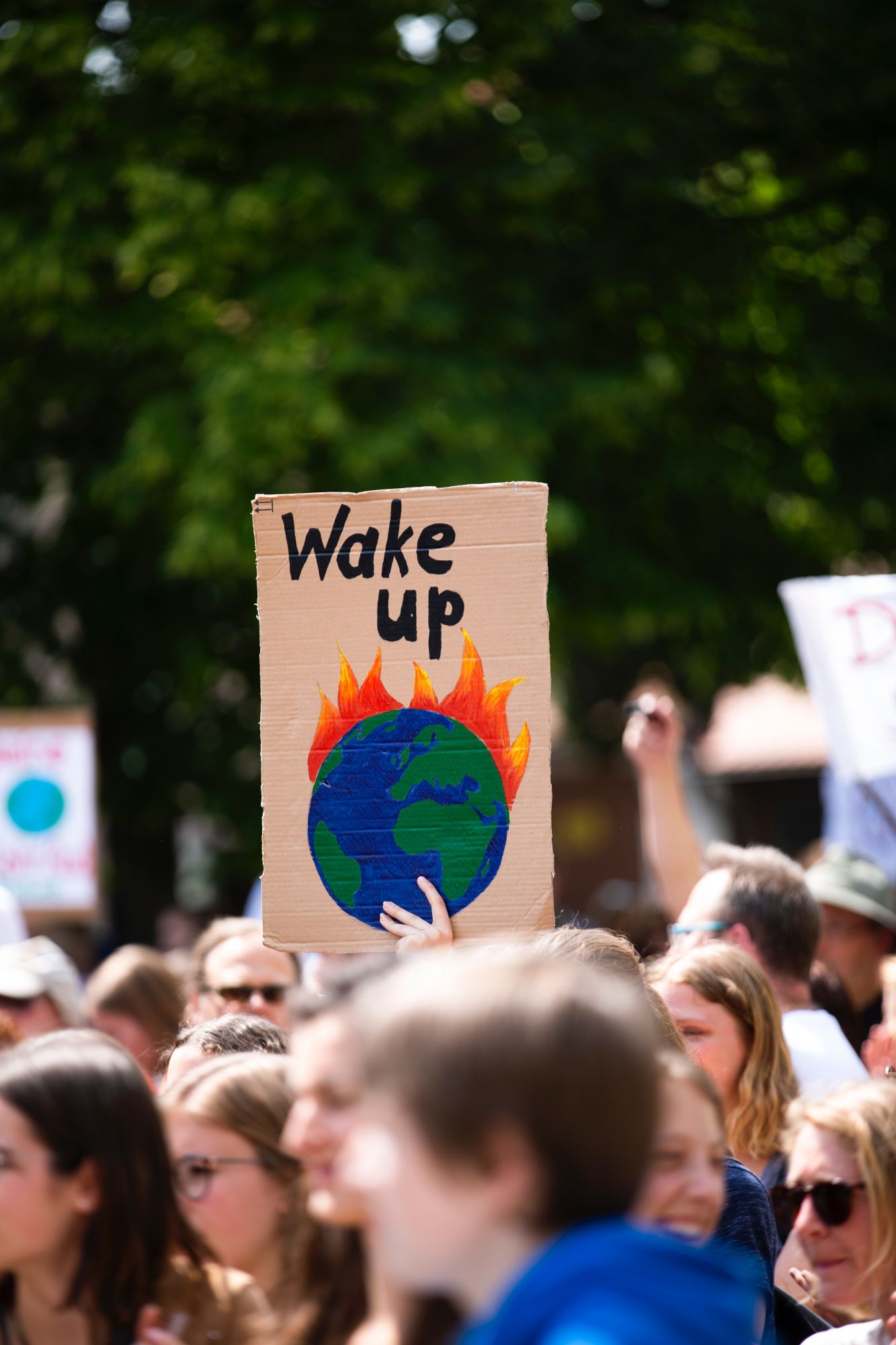
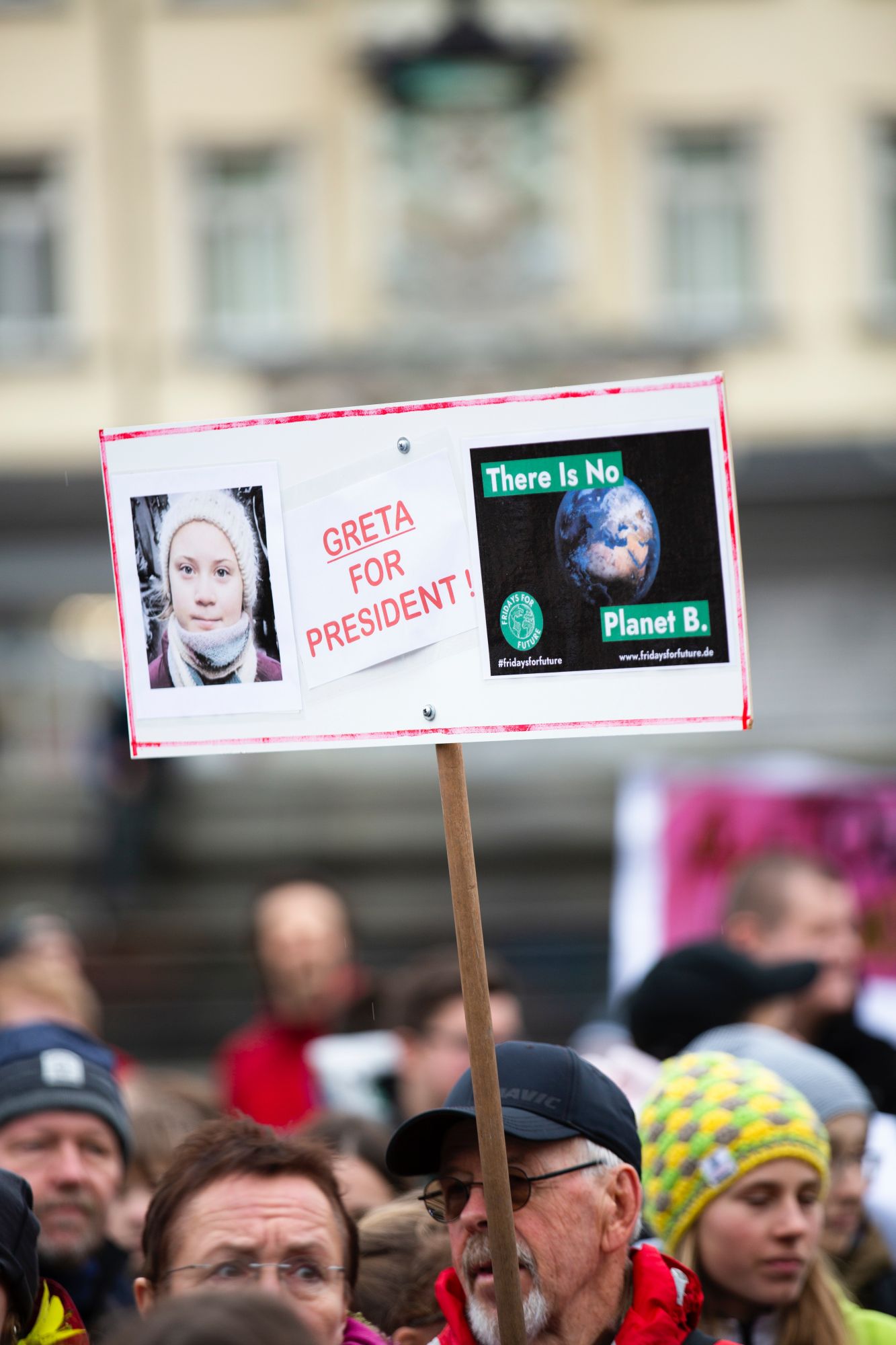
Met with scepticism for decades, there is an on-going debate on the validity of climate change at large—is it real at all, is it even here? Scroll through to read on a few quick facts about this captivating global issue:


